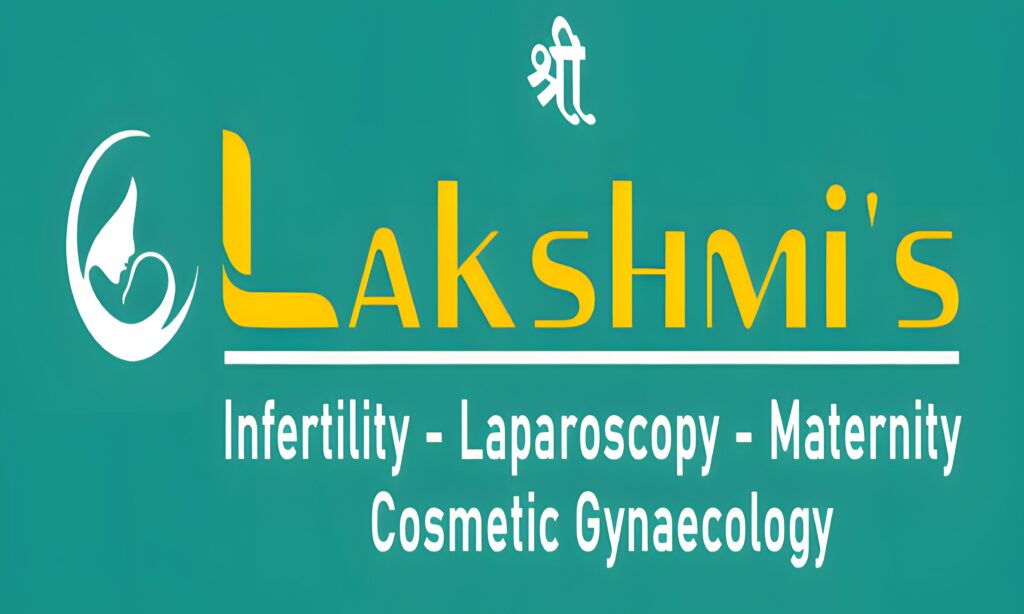Infertility

Infertility is defined as the inability to conceive after one year of unprotected intercourse for women under 35 years of age, or after six months for women over 35. It affects millions of couples worldwide and can be a source of emotional distress and frustration.
Causes of infertility can vary and may involve issues with the reproductive organs, hormonal imbalances, genetic factors, or lifestyle factors such as age, weight, and smoking. Common causes of infertility in women include ovulation disorders, blocked fallopian tubes, endometriosis, and uterine fibroids. In men, factors such as low sperm count, poor sperm motility, or structural abnormalities of the reproductive organs can contribute to infertility.
The diagnosis of infertility typically involves a comprehensive evaluation of both partners’ medical history, physical examination, and diagnostic tests such as hormone testing, semen analysis, and imaging studies to assess the reproductive organs.
Treatment options for infertility depend on the underlying cause and may include:
- Medications to stimulate ovulation or improve sperm production.
- Intrauterine insemination (IUI), which involves placing sperm directly into the uterus during ovulation.
- In vitro fertilization (IVF), where eggs and sperm are combined in a laboratory and the resulting embryos are transferred into the uterus.
- Surgical procedures to correct anatomical abnormalities or remove blockages in the reproductive tract.
Counseling and support services are also available to help couples cope with the emotional and psychological aspects of infertility and to explore alternative options such as adoption or surrogacy.
